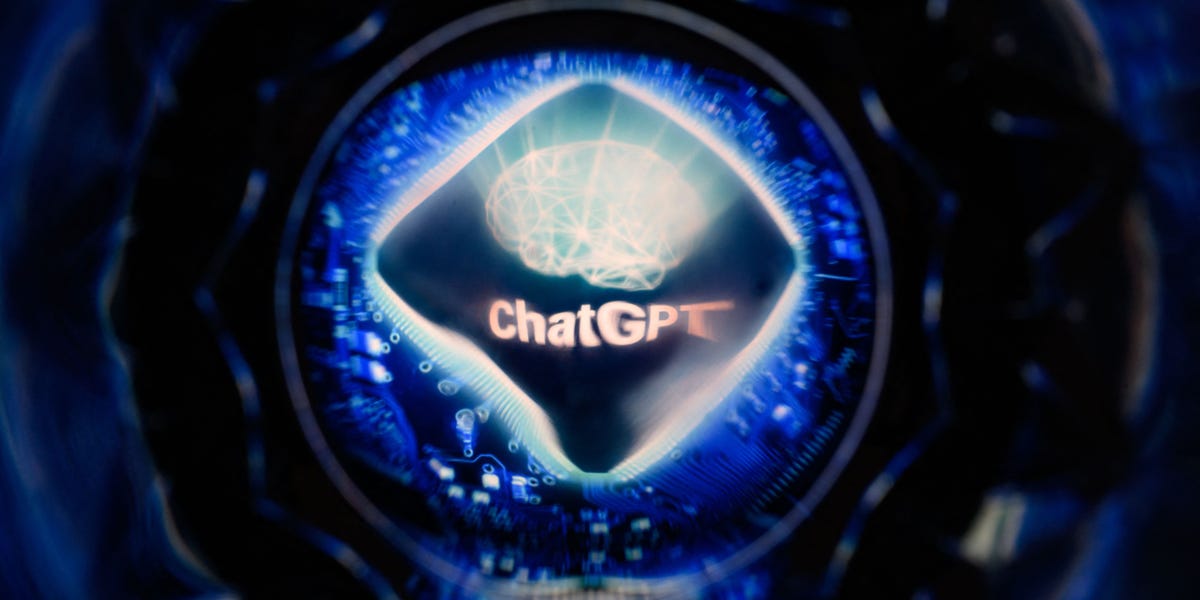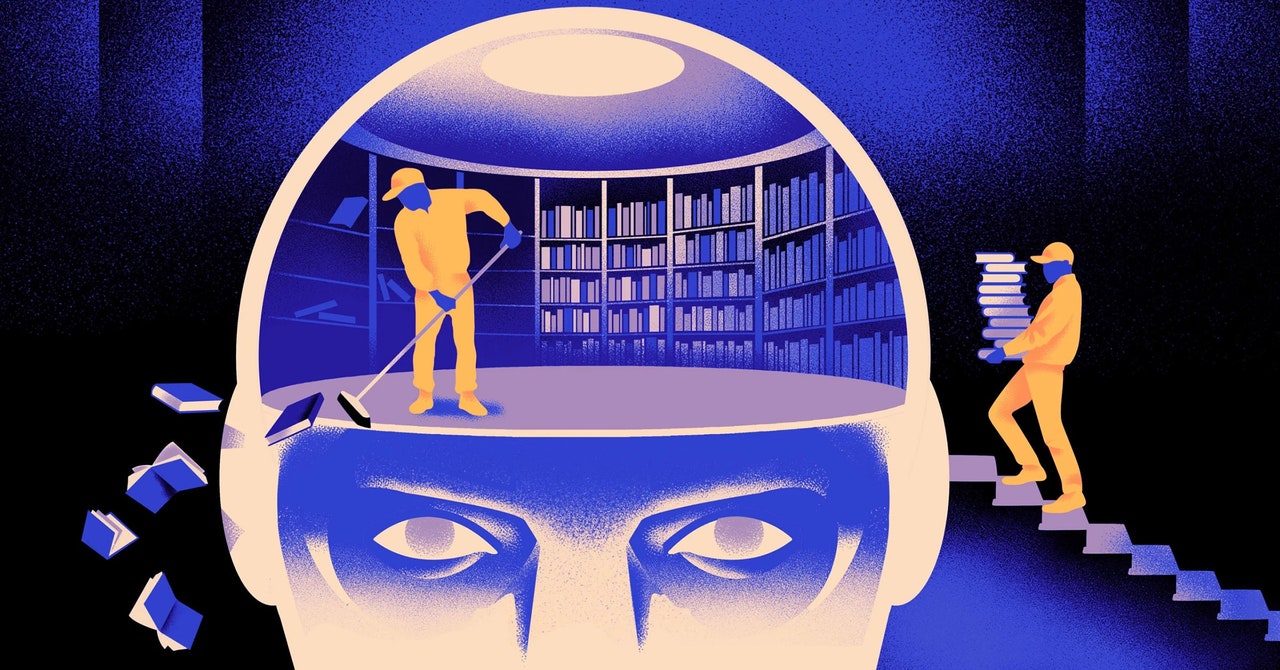-
According to a report by The New Yorker, ChatGPT consumes over half a million kilowatt-hours of electricity daily, whereas the average US household only uses 29 kilowatt-hours in comparison. Estimating the exact electricity consumption of the rapidly growing AI industry is challenging.
-
AI’s electricity consumption is substantial. The popular chatbot, ChatGPT, likely utilizes more than 500,000 kilowatt-hours daily to handle approximately 200 million requests each day, as per The New Yorker. This amount dwarfs the average household’s daily usage of 29 kilowatt-hours by over 17,000 times, highlighting the significant energy demand of AI technologies.
-
The energy-intensive nature of AI is evident. If major tech players like Google were to incorporate generative AI extensively, it could lead to a substantial increase in electricity consumption. For instance, integrating generative AI into every search query could result in an annual electricity consumption of around 29 billion kilowatt-hours, surpassing the yearly energy consumption of entire countries like Kenya, Guatemala, and Croatia.
-
Data scientist Alex de Vries emphasized the energy-intensive aspect of AI, noting that individual AI servers can consume as much power as over a dozen UK households combined. The exponential growth of AI technologies raises concerns about the industry’s escalating electricity consumption, with projections suggesting that the AI sector could consume between 85 to 134 terawatt-hours annually by 2027.
-
Despite the surge in AI energy consumption, precise estimates remain elusive due to the opacity surrounding energy usage within the industry. The lack of transparency from tech giants, who are pivotal in driving the AI revolution, adds to the challenge of accurately gauging the sector’s energy footprint.
-
De Vries’ calculations, based on Nvidia’s data, indicate a substantial rise in AI electricity consumption in the coming years. By 2027, the AI sector could potentially account for up to half a percent of global electricity consumption, signifying a significant impact on energy resources.
-
Comparatively, some of the world’s largest energy consumers, such as Samsung, Google, and Microsoft, fall short of the projected electricity consumption of the AI sector. These tech behemoths, known for their extensive data centers and network infrastructure, collectively consume a fraction of what the AI industry is poised to require in the near future.
-
OpenAI, the organization behind ChatGPT, has not yet responded to inquiries regarding its energy consumption. Additionally, Axel Springer, the parent company of Business Insider, recently joined other media entities in a lawsuit against Google, alleging financial losses due to the tech giant’s advertising practices.
-
Axel Springer has a strategic partnership with OpenAI, allowing the AI research organization to leverage the media company’s reporting for training its models, underscoring the interconnectedness of AI development and media industry collaborations.
### Report: ChatGPT Consumes 17,000 Times More Electricity Than an Average US Household Each Day
An average US household is using around 29 kilowatt-hours of electricity while ChatGPT is using mor…

Visited 6 times, 1 visit(s) today
Tags: ChatGPT, Generative AI, Latest news Last modified: March 10, 2024









